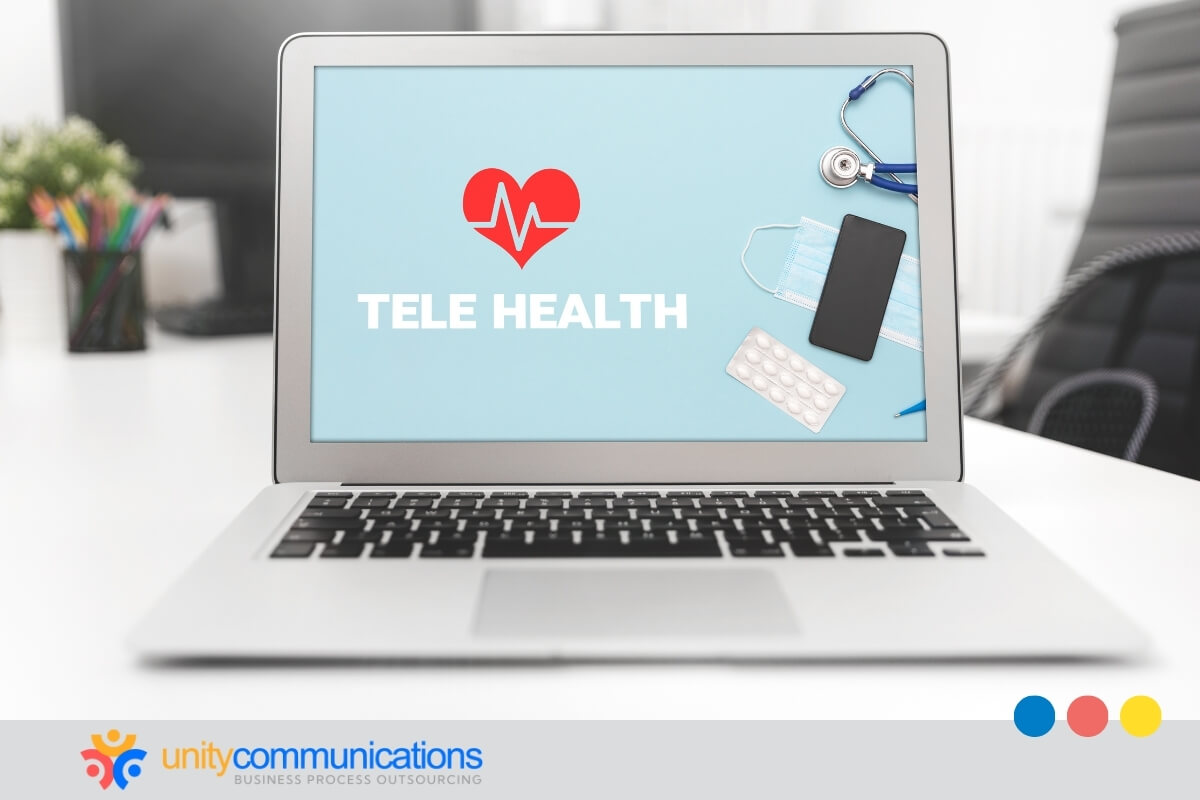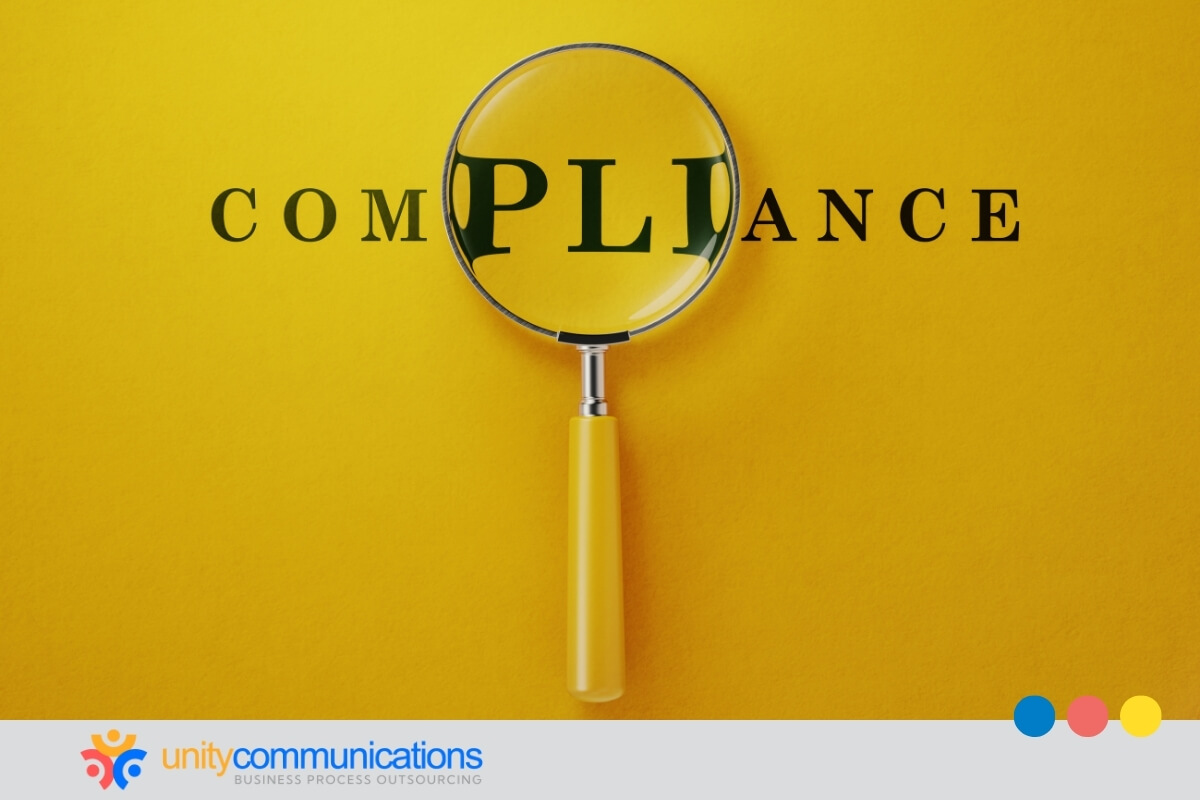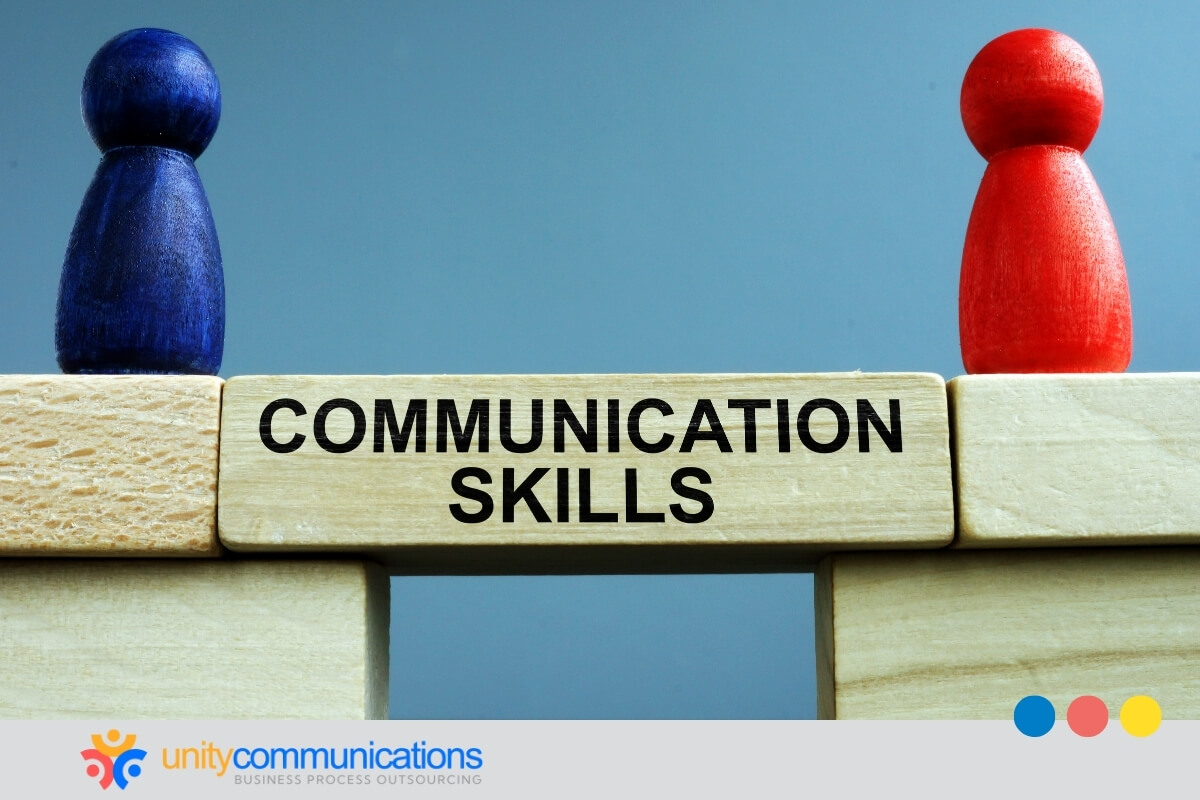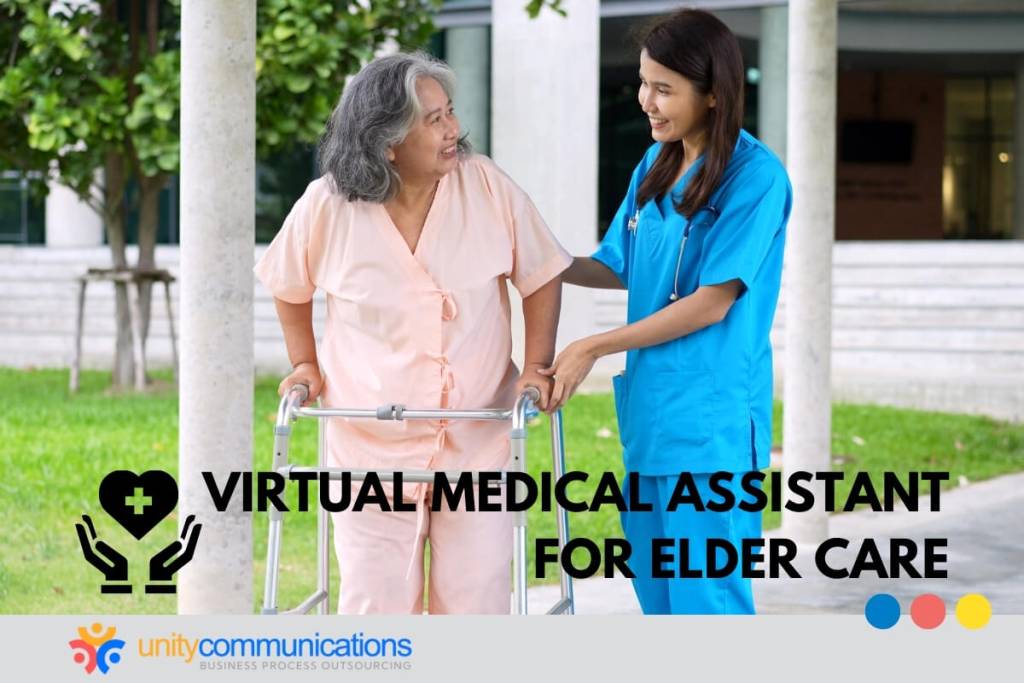Table of Contents
As the number of elderly individuals seeking care grows, so does the need for specialized solutions that address their unique health requirements. Managing health at home and in assisted living facilities can be challenging, requiring constant attention and personalized care.
Integrating virtual medical assistant (VMA) services with elderly care combines technology and personal touch. VMAs provide tailored remote support to streamline care management and enhance quality of life.
Keep reading to discover how virtual medical assistants for elder care become compassionate partners in maintaining health and well-being!
Virtual medical assistants and outsourcing for elder care

VMA services are often sourced through business process outsourcing (BPO). What is BPO? It is contracting external service providers to manage non-core functions. BPO in telemedicine and healthcare employs skilled and experienced virtual medical assistants to effectively manage outsourced activities, supporting clinic operations and care delivery.
Typical tasks of VMAs include:
- Coordinating appointments and managing schedules
- Providing telehealth support and virtual consultations
- Assisting with patient data management and record-keeping
- Handling follow-up communications and reminders
- Supporting medication management and adherence tracking
With virtual medical assistants managing the healthcare process in BPO, practices can streamline their processes and enhance their services. Elder care providers can leverage VMA support for health tracking, compliance and safety, and daily activities, enabling high-quality, personalized care.
Continuous health tracking
Virtual medical assistants are critical in providing continuous and efficient health tracking. They monitor vital signs and manage chronic conditions through advanced remote patient monitoring (FPM) devices. By providing real-time data to healthcare providers, VMAs facilitate early detection of potential health issues, ensuring timely medical responses and proactive care.
Virtual medical assistants for elder care perform the following tasks:
- Real-time vital signs monitoring. VMAs track heart rate, blood pressure, and glucose levels.
- Chronic condition management. They help the healthcare team manage and adjust treatment plans based on continuous data.
- Alerts and notifications. VMAs send immediate alerts for abnormal readings or potential health issues.
- Data analysis and reporting. They assist in analyzing health data to identify trends and inform healthcare decisions.
- Coordination with healthcare providers. VMAs also share data and insights with medical professionals for integrated care.
- Personalized health recommendations. They work closely with providers to offer tailored health and lifestyle recommendations based on ongoing monitoring and analysis of vital signs.
- Historical data review. Virtual assistants review historical health data to track progress and make informed adjustments to care plans.
Suppose a facility hires a virtual assistant for Phoenix healthcare. It designates the VMA to monitor the health of its senior patients, freeing on-site practitioners to cover more immediate tasks.
This highlights the primary benefit of outsourcing administrative tasks in healthcare: efficiency. With BPO virtual medical assistants, practitioners can streamline operations and provide attentive elder care.
Ensuring compliance and safety

Ensuring compliance and safety in elder care is vital, and healthcare BPO services can assist in this aspect. VMAs offer comprehensive support, from providing reminders for dosage times to coordinating prescription refills.
Here is a more detailed overview of how virtual medical assistants ensure compliance and safety in elder care:
- Medication schedule management. VMAs set up and send reminders for dosage times for timely administration.
- Adherence monitoring. They track patient adherence to prescribed medication regimens and flag missed doses.
- Error prevention. Virtual assistants review medication lists to prevent potential errors.
- Pharmacy interactions. VMAs coordinate with pharmacies to automate prescription refills and provide a continuous supply.
- Compliance checks. They regularly review and update medication plans to align with healthcare regulations and guidelines.
- Medication education. Virtual assistants inform patients and caregivers about each medication, including potential side effects and proper usage.
- Health data integration. They integrate medication data with health records to comprehensively view the patient’s health and adjust treatment plans accordingly.
Understanding how outsourcing works is essential to maximizing the capabilities of virtual medical assistants. By integrating them into healthcare processes, providers can enhance medication management and safety, ultimately contributing to better elder care.
Supporting daily routine
Virtual assistants in the healthcare industry significantly contribute to the independence of seniors by assisting with various daily activities. From scheduling appointments and arranging transportation to facilitating communication with family members, VMAs enhance the quality of life for elderly patients.
Advanced artificial intelligence (AI) capabilities further personalize interactions, adapting to the cognitive and physical needs of elderly patients. VMAs support the daily activities of seniors through the following:
- Appointment scheduling. VMAs coordinate and manage medical and personal appointments to ensure timely visits.
- Transportation arrangements. They organize transportation for doctor visits or other essential outings.
- Family communication. VMAs facilitate regular contact with family members through calls, video chats, or messaging.
- Routine reminders. They send reminders for daily tasks such as taking medications or attending scheduled activities.
- AI-driven personalization. VMAs utilize AI tools to adjust interactions based on the individual’s cognitive and physical capabilities for a more tailored support experience.
- Health monitoring alerts. They provide timely alerts and notifications for critical health metrics or changes requiring immediate attention.
- Emergency assistance. VMAs coordinate emergency response, including contacting healthcare providers or emergency services when needed.
With virtual medical assistants for elder care, seniors can receive comprehensive support to maintain greater independence and remain engaged.
Selecting the best virtual medical assistants for elder care

Choosing the right virtual medical assistant is crucial for enhancing elder care and ensuring personalized service. The right VMA can make a significant difference in providing quality care and improving overall well-being, making it essential to consider various factors when selecting the most suitable option.
Providers must consider the following when selecting virtual medical assistants for elder care:
- Experience and expertise. Look for VMAs with experience in elder care and a deep understanding of healthcare industry standards.
- Customization capabilities. Hire a VMA that can adapt its services to meet the specific needs and preferences of elderly individuals.
- Technology and integration. Practitioners must check for compatibility with their health monitoring systems and ease of integration into care routines.
- Communication skills. They should assess the VMA’s ability to communicate clearly and empathetically, enhancing interactions with elderly patients.
- Support and training. To ensure smooth operation, they must evaluate the support and training provided to caregivers and patients.
- Privacy and security. Practitioners must verify that the VMA adheres to stringent data privacy and security protocols to protect sensitive health information.
- Cost-effectiveness. They should evaluate the overall cost of the VMA service, including any additional fees, to ensure it fits within the budget while providing valuable support.
By carefully evaluating these factors, organizations can select competent virtual medical assistants for elderly care.
The bottom line
VMA helps enhance elder care by providing valuable support in health monitoring, medication management, and daily independence. Their ability to offer real-time data, manage medication schedules, and assist with daily routines makes them a vital extension of care teams, ensuring that elderly individuals receive attentive and personalized care.
Healthcare providers and families should consider integrating virtual medical assistants for elder care to improve the quality of life and well-being of elderly patients. Explore how VMAs can transform elder care in your organization. Let’s connect!




